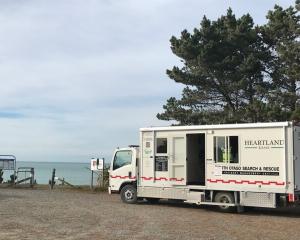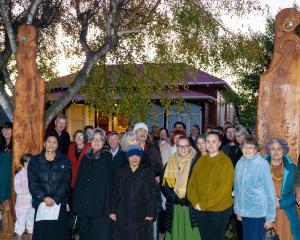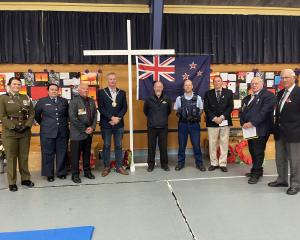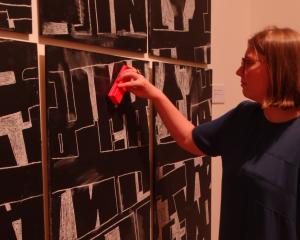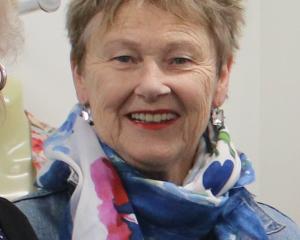However, not all of the surplus is available to be spent anywhere - some, such as New Zealand Transport Authority roading subsidy or rates collected for services such as water, can only be used in those specific areas.
An initial analysis of the council's past financial year by chief financial officer Paul Hope for Wednesday's finance committee meeting shows a projected surplus before tax of $2.046 million, a $2.336 million turnaround compared with the loss indicated in the original budget.
However, once $1.014 million in ''tagged items'', the money allocated for specific purposes, was removed, the ''council-only'' surplus before tax was $1.322 million.
The largest of those tagged items were $390,000 additional funding for roading, $250,000 from the Mulligan Trust bequest, $392,000 for Alps to Ocean cycleway funding and an additional $422,000 collected in user charges, primarily water, solid waste and property.
Chief executive Michael Ross said the surplus highlighted the Waitaki district was enjoying economic progress. It could also bring significant benefits for the community.
''We are working with a number of organisations to help them realise their full potential. Having a surplus leading into our next long-term plan process [to be finalised next year] is a good place to be,'' he saidWaitaki Mayor Gary Kircher was also pleased with the predicted result.
''The surplus will enable the council to consider how it wishes to fund some projects and whether or not rates can be held or reduced in some areas next year. We can also look at future projects that will further help drive economic growth.''
Once the final, audited set of financial records were available, towards the end of the year, the council would be able to plan how any final surpluses could be used.
Overall, the council's total income for the last financial year was $45.142 million (budgeted $43.846 million) and operating expenditure was $43.096 million (budgeted $44.136 million).
Its rates collection totalled $28.350 million, about what had been budgeted.
The biggest increases in income were in government grants and subsidies (including the roading subsidy), $7.214 million being received compared with $5.664 million budgeted, and other grants and donations, $997,000 compared with $558,000.
There were minor ups and downs in other sources of income.
On the expenditure side, staff costs were less than budgeted at $9.355 million compared with $9.817 million, administration $2.578 million actual compared with $3.283 million budgeted and depreciation and amortisation $12.080 million compared with $11.382 million.
Mr Hope said employment costs were lower because several vacancies were not filled during the year while there was restructuring.
Operation and administration savings came from ''smarter and improved purchasing'', he said.
However, Mr Hope said some of the savings had been incorporated into the 2014-15 budget, so the surplus was unlikely to be repeated.

